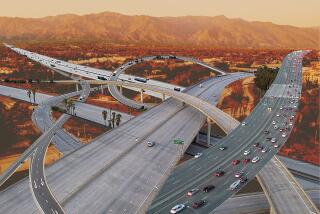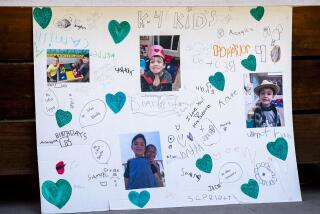And you thought L.A. traffic was bad: Our correspondents’ best stories of learning to drive outside the U.S.
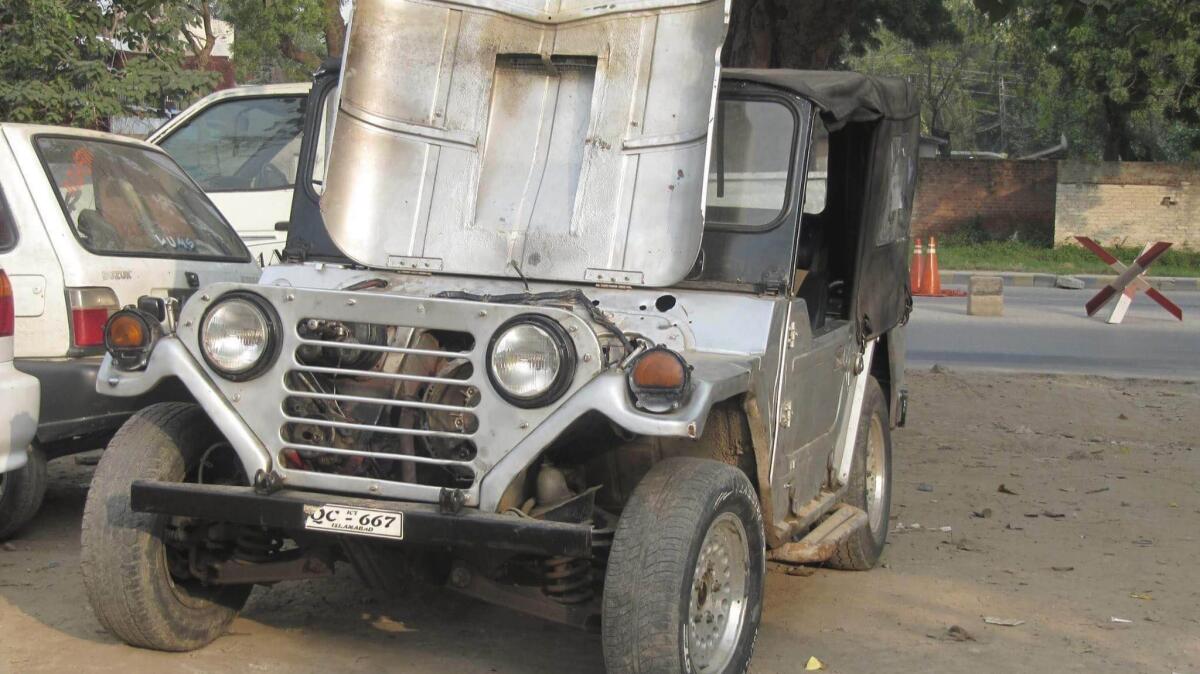
- Share via
Traffic in L.A. may grind to such a halt that it prompts mannequin challenge jokes, but our streets are hardly the most harrowing in the world. Here, we asked our correspondents for their best stories of learning to drive, and otherwise get around, outside the United States.
Learning When Not to Stop in Nairobi
The biggest challenge to driving in Kenya, I was told when I moved there as a 25-year-old rookie correspondent, wasn’t learning the stick shift, using the left side of the road or evading boozed-up commuters weaving home after happy hour.
It was the cops, who pulled you over mainly to demand bribes.
This was hard to stomach for me, an L.A.-raised road hound with flawless freeway etiquette. The first time I came upon a police checkpoint on a nighttime road outside Nairobi, an American friend and Kenya veteran yelled from the passenger seat: “Don’t stop!” I gritted my teeth and sped past the cop’s waving flashlight.
The police wouldn’t chase after you, my friend explained, because most didn’t have cars of their own. I later learned this was true when I was waiting at a signal and a cop climbed into the backseat, expecting a ride to the station down the road.
Over four years I got used to the Kenyan system, which did not lack a certain efficiency. Sometimes you had to stop, as I did one night on the way to pick up my brother at the airport, when I discovered I had left my license at home. Such an offense typically was forgiven with a bribe of about $3, but I was carrying only a single note worth $15.
“This is all I have,” I stammered in bad Kiswahili.
Flashing a smile, the officer reached into his pocket, pulled out a wad of small bills and counted out my change.
— Shashank Bengali
An Introduction to Driving a Stick Shift on Sarajevo’s Sniper Alley
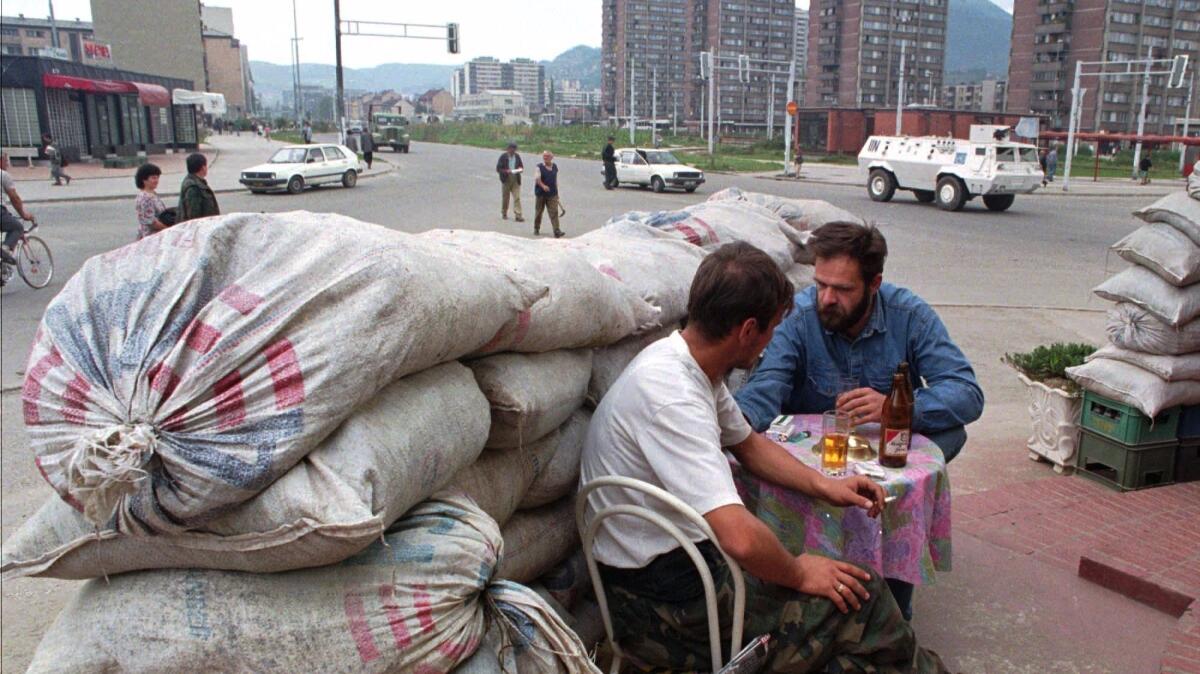
I learned how to drive a stick shift in Sarajevo. And yes, it was during the war, which made it very urgent that I learn how to drive without stalling. Like other Americans of my generation, I had started driving in high school, but never learned properly to drive a stick (although I made a few attempts in college). When I moved to Europe in 1992 as a foreign correspondent, it became absolutely urgent that I learn. Not only were most rental cars standard transmission, the journalists covering the war in Bosnia-Herzegovina usually couldn’t hire drivers. That’s because the Balkans, were, well, Balkanized; we were constantly driving through checkpoints to pockets under differing ethnic control and you dared not bring a driver of the wrong ethnicity with you.
Our car in Sarajevo was a Volkswagen Golf, but not just an ordinary Golf. It was armored, which made it very cumbersome to drive. Like most of the journalists in Sarajevo, I was staying at the Holiday Inn, which was located on the main road — aptly named Sniper Alley. Bosnian Serb sniper positions were installed on the other side of the river from the road, and it was in peril of your life to walk out front. (“Run or R.I.P.,” read the sign outside our hotel.) Even in an armored car, it was dangerous because sometimes there were antiaircraft guns. Highly motivated not to stall, I became very adept at switching gears. Fortunately, the traffic lights had all been shot out so I rarely had to stop the car.
— Barbara Demick
Confounded by Germany’s Rules of the Road
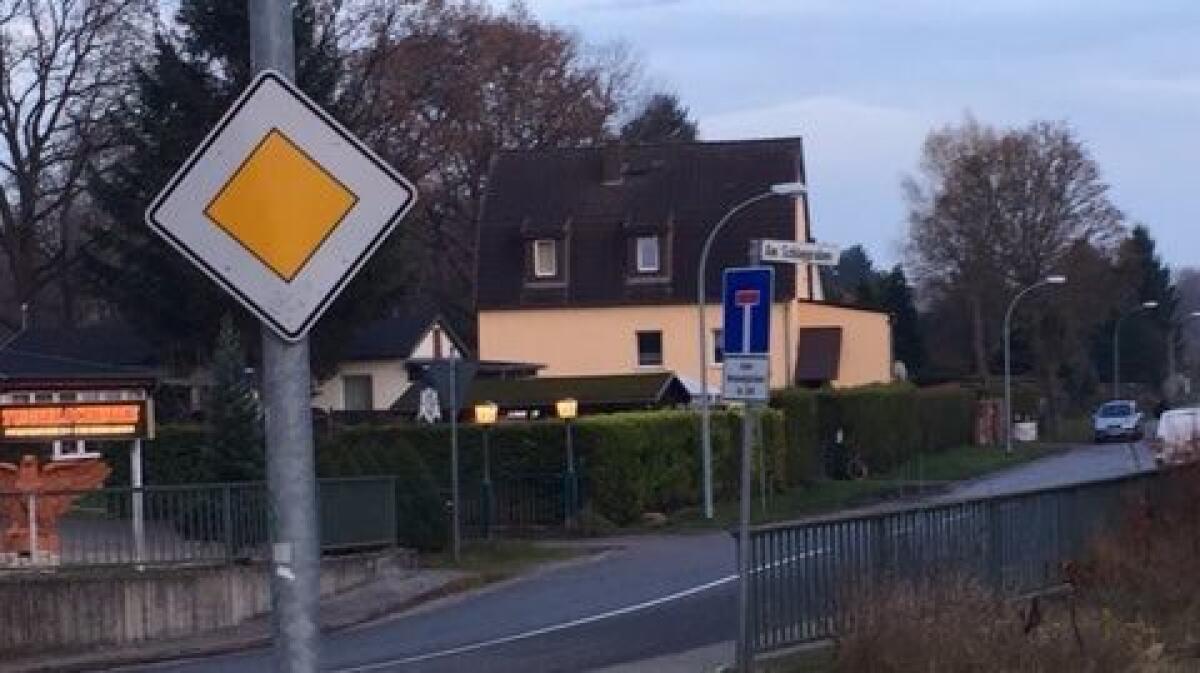
With more than 20 years of driving experience in the United States and thousands of hours navigating the rigors of L.A. freeways under my belt, I had assumed in my blissful ignorance that I could use my California driver’s license indefinitely when I moved to Germany in 1989.
Got that wrong.
Not only did I have to trade in my convenient plastic card from the California DMV to get a floppy three-page West German driver’s license made out of some kind of bulky paper, I was also required to pass a 100-question test on the rules of the road in a country that had no speed limits on many of its motorways but, ironically, thousands of regulations nevertheless. Nowadays, foreigners coming to Germany who want a driver’s license even have to take dozens of expensive driver’s ed lessons regardless of how long they have been driving elsewhere.
I just barely passed the written German Fuehrerscheinpruefung with the absolute minimum number of correct answers: 83. Rather injudiciously I never bothered to look into the questions I got wrong. It took me another 20 years of driving in Germany to learn the country has completely different rules on right of way. I often wondered why cars darting out of side streets often narrowly avoided crashing into my right side, until a frightened passenger nervously explained to me one day that cars coming from the right always have the right of way. This is the case unless there is a small white-and-yellow diamond Vorfahrt sign giving drivers on the main road right of way.
Fortunately, I never had an accident thanks to defensive driving and quick braking. But I suddenly understood why so many German drivers had been frantically and angrily beeping their horns at me after so many near-misses over the years. The right-of-way rules must have been one of the questions I got wrong.
— Erik Kirschbaum
A Trip Through Four Afghan Provinces With No License Plate
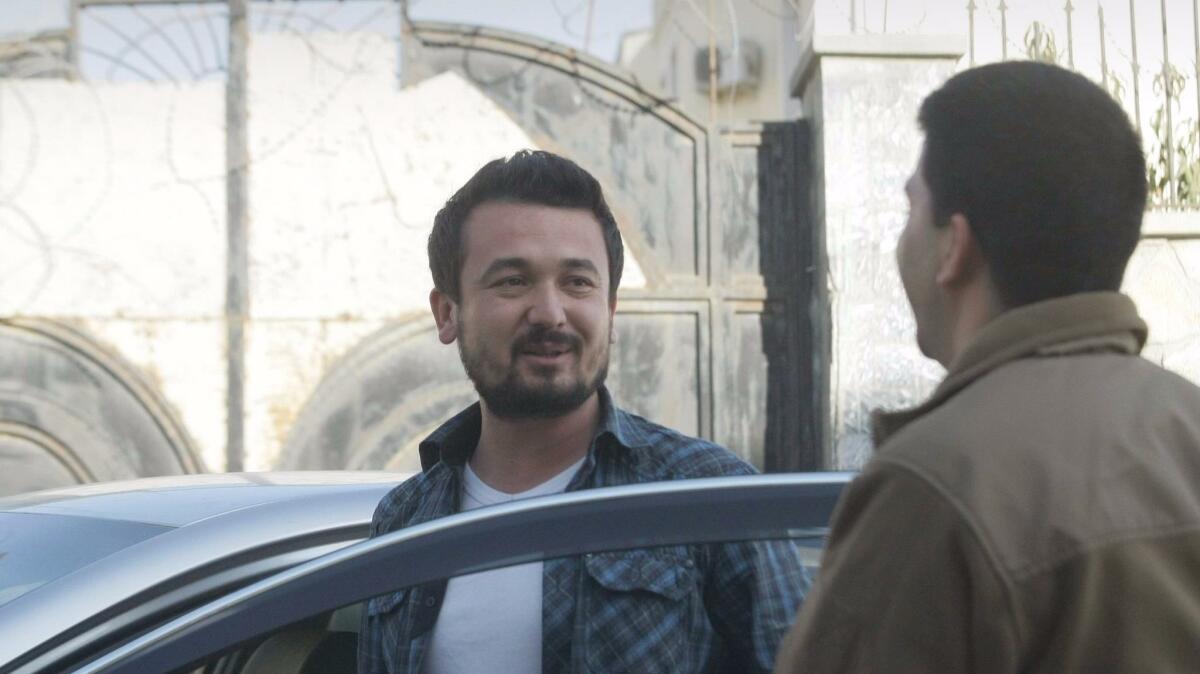
Back in 2012, I bought a 2008 Camry from a friend of a friend, who stuck a fake intelligence department license plate in the front. The car’s customs documentation was still being processed, and it didn’t have a license plate yet.
I removed the fake plate and was waiting to get the legal ones. It was close to the Eid holiday, and I was keen to drive to Afghanistan’s north to visit my parents. It’s not easy to get a license plate for a new car from the traffic department within a few days, or sometimes even within a few weeks.
Afghans tend to let little infractions slide if you are nice enough, so I decided to drive more than 350 miles without a license plate, from Kabul, the capital, through four provinces to the northern province of Jowzjan. Along the way, there are dozens of security checkpoints.
At the first checkpoint, at the northern exit of Kabul, they stopped me and asked about the license plate. I told them that I had all the customs documents, that my car was not illegal despite the lack of a plate, and that I wanted to drive home to see my parents; they let me through.
Everything was going well till I reached Mazar-i-Sharif, where security measures were tighter. When I got there, I stuck a portrait of the powerful governor on the windshield — and, before going through the last checkpoint, I added one of a warlord. When they saw the powerful figures’ portraits, the policemen didn’t even stop my car.
— Sultan Faizy
Biking the Streets of Beijing, Where Past and Future Collide
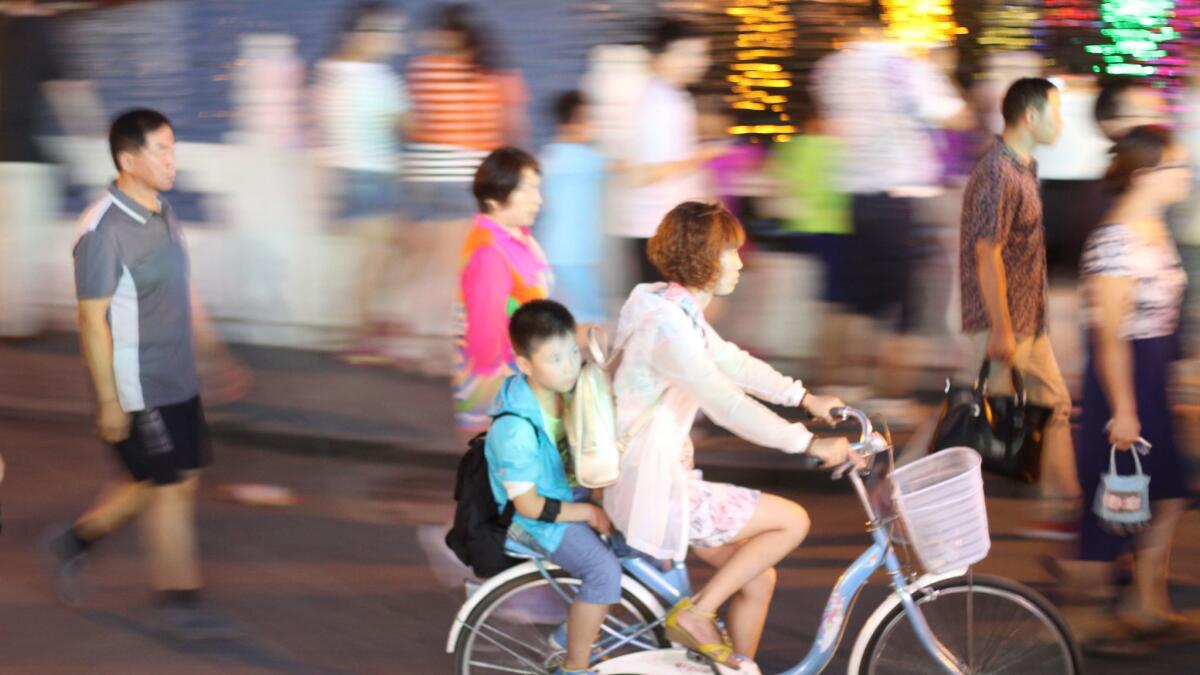
Beijing’s past and future collide on its streets, sometimes literally. Sweet potato vendors plop carts at the same busy intersections where Teslas blow through red lights. Parents drive kids to school on their scooters as delivery boys race between.
Few of Beijing’s cars, trucks, buses, scooters, hoverboards, or pedestrians pause when they see oncoming traffic. It has the coordinated rhythm of an orchestra, except with honks and brakes screeching.
Cyclists weave through it all, calmly pedaling as they did decades ago when people in China referred to these two-wheeled contraptions as “iron horses” and the country earned the title “bicycle kingdom.”
Last summer, I decided to join their dwindling force.I bought a $60 used bike at a store that also sells record players and musical instruments. It was blue, two sizes too small and had a basket.
I headed toward the street, where I encountered the mass of humanity that surges forward, backward and sideways, all while texting friends and ordering dinner. I couldn’t turn left, so I went straight for a very long time.
It felt like hours but actually turned out to be seven minutes before I managed to pedal out of traffic toward the comforting safety of a sidewalk. I now bike through side alleys to work. Cars may rule Beijing, but I have tamed the iron horse.
— Jessica Meyers
Traveling Pakistan’s Remote Highways in a Secondhand Military Jeep
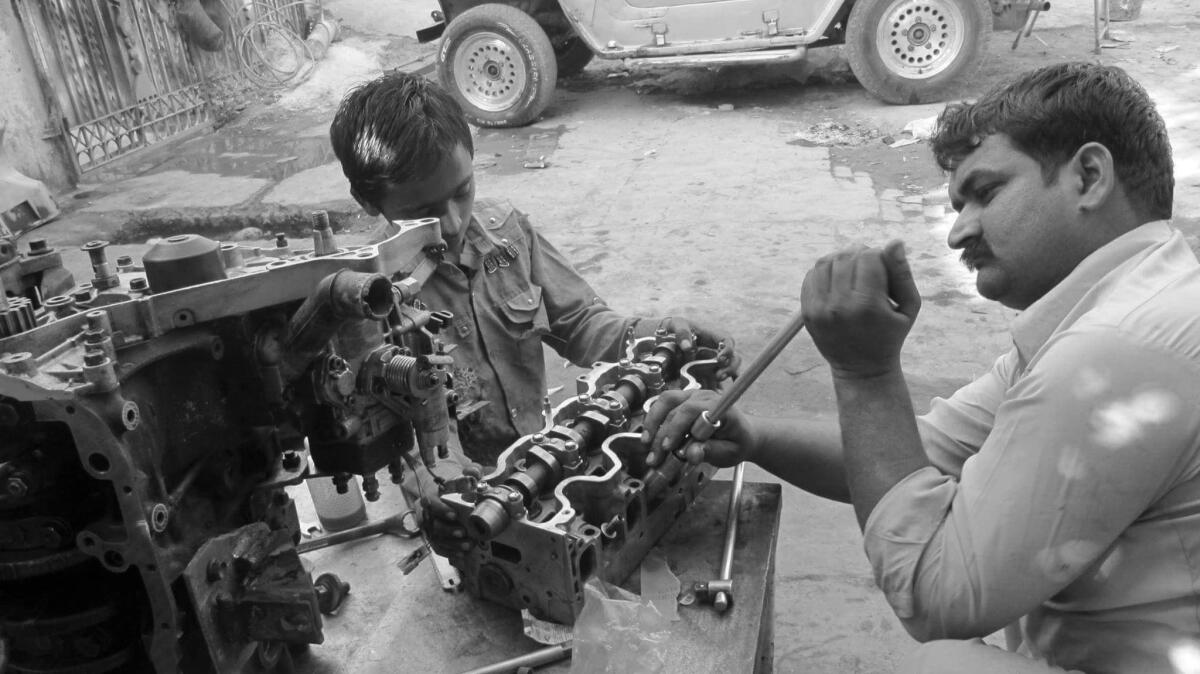
I already knew how to drive when I moved to Pakistan, where I had spent my childhood, to freelance in 2014. Against my better judgement, I decided to buy an open-top secondhand M151 military jeep that could not exceed 37 mph.
I thought it would be fun to drive around in something both the Pakistani and American militaries had once used to lug around a 30-millimeter gun. Driving in Islamabad, the capital, was easy, because rickshaws were prohibited. But it was a different story outside the capital, where the tuk-tuks (three-wheeled motorized rickshaws) and motorcycles are like swarms of flies that besiege you from every direction.
Having a giant jeep helped, as most other drivers were just too scared of getting near me. But I had other problems: literally every other day something would break down on the jeep, leaving me stranded on remote stretches of highways.
But the frequent mechanical problems taught me how helpful strangers were: Random people showed up to help fix flat tires or give me rides to fetch diesel — the jeep drank the fuel the way a fish drinks water.
One night on a road near Peshawar, the transmission seemed to disappear and I could feel the jeep simply coasting along until it came to a pitiful stop. As I got out to open the hood and see what was wrong, a motorcycle pulled up behind me. The driver walked up to me in the dark carrying a long thin object in his arms that I thought for a moment might be an AK-47. People had been telling me for months the jeep was a magnet for people who would see it as a sign that I was a wealthy foreigner who could fetch a hefty ransom.
“You might need this,” the motorcycle rider said, handing me the driveshaft of the jeep — which had apparently fallen on the road a few yards back. An hour later, after he had helped get me to the city on his bike, I tried to offer him some money, but he wouldn’t take it. “If we can’t help each other, whom can we count on? The government?” he quipped.
It sometimes felt like everyone in the country — real estate agents, government officials and anyone who seemed to know my name — wanted to steal the shirt off my back. But it was the strangers on dangerous roads at night that reminded me of the Pakistan I knew as a child: a place where people went out of their way to help others because they knew they would need it themselves one day.
— Umar Farooq
ALSO
Duterte’s presidency revives the threat of martial law in the Philippines
Despite Fidel Castro’s death, few expect rapid political changes in Cuba
From a bridge in South Africa, sidewalk bookseller believes in the power to change lives
More to Read
Sign up for Essential California
The most important California stories and recommendations in your inbox every morning.
You may occasionally receive promotional content from the Los Angeles Times.

